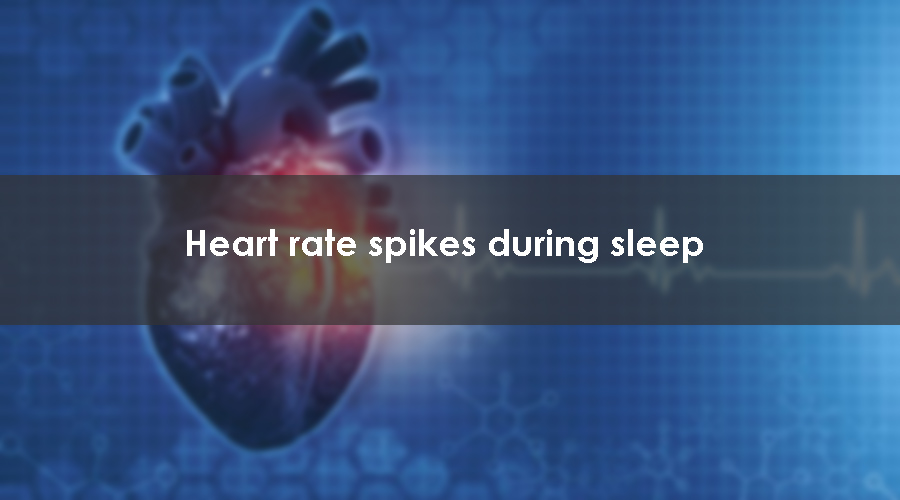Heart rate spikes during sleep can have a number of different causes, but they’re often related to anxiety or stress. For some people, these spikes can be troublesome and lead to problems such as sleep deprivation or poor quality sleep. If you experience these spikes, it might be helpful to try some strategies for reducing your anxiety or stress. In this blog post, we will learn about heart rate spikes that occur during sleep!
Average heart rates
In order to stay healthy, it is important to know your average heart rate and keep it within the target range. For most people, the ideal heart rate range is 60-100 beats per minute. Knowing your average heart rate can help you determine if you need to make changes to your lifestyle in order to maintain a healthy heart.
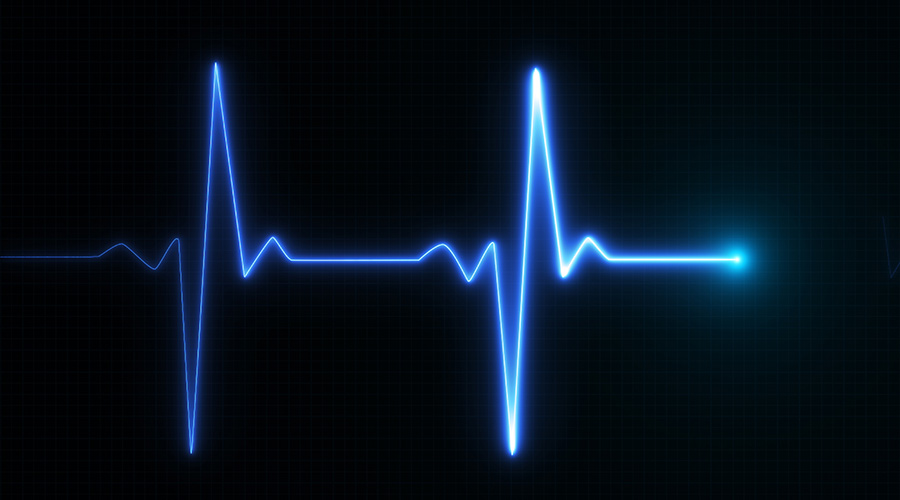
The average resting heart rate for adults is between 60 and 80 beats per minute. However, this number can vary depending on your age, gender, and overall health. A lower resting heart rate indicates that your body is in good shape and doesn’t have to work as hard to pump blood throughout your body.
A person’s maximum heart rate can also affect their average heart rate. The average heart rate drops by about five beats per minute each decade after the age of 20. The rate is also affected by sex, genetics, and overall health.
Average heart rates while sleeping
Heart rates vary significantly from person to person, and even throughout the day for the same person. A heart rate that is too high or too low can be a sign of a health problem. But what is a normal heart rate?
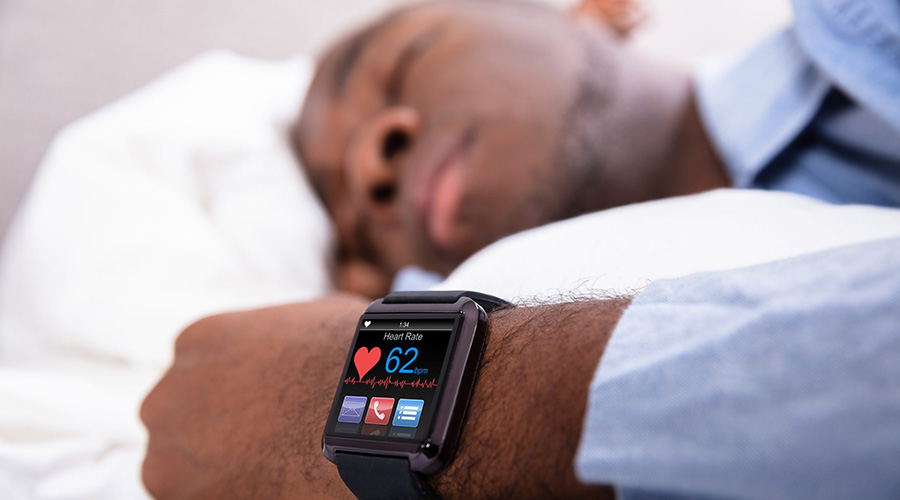
A study published in the journal “Pacing and Clinical Electrophysiology” sought to answer that question by measuring the heart rates of healthy adults while they were sleeping. The study found that the average heart rate while sleeping was 68 beats per minute. However, there was significant variation, with some people having heart rates as low as 40 beats per minute and others as high as 100 beats per minute.
These findings confirm that it is important for each individual to know their own normal heart rate and to be aware of any changes from their usual pattern. The information in this article is not intended to replace a one-on-one relationship with a qualified health care professional and is not intended as medical advice. It is intended for informational purposes only, and it should not be used to diagnose or treat any health concern.
Read also about oral testosterone vs injection
Typical resting heart rates
Heart rates can vary significantly from person to person, and even throughout the day for the same person. In general, however, a healthy adult’s resting heart rate is 60 to 100 beats per minute. A lower heart rate indicates a more efficient heart, while a higher heart rate may be a sign of stress or an underlying medical condition.
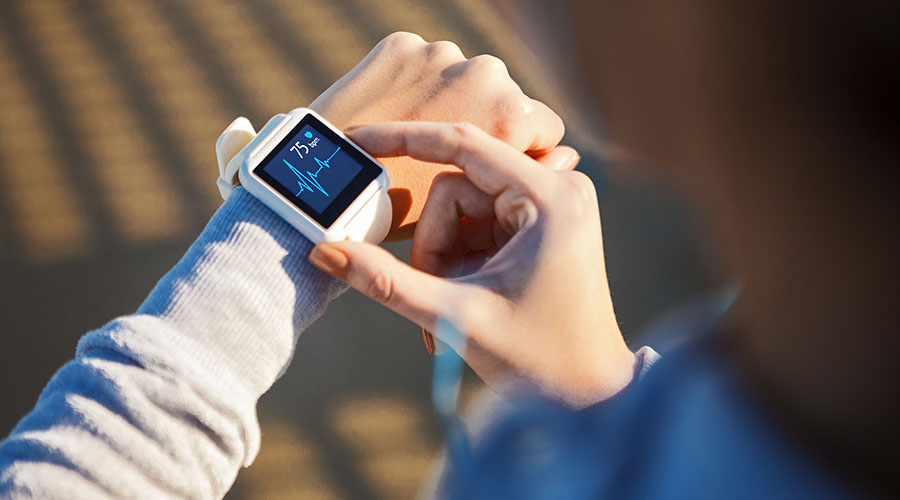
Many factors can influence heart rate, including age, weight, exercise level, and genetics. However, there are some general trends that can be observed among different groups of people. For example, young adults typically have a lower resting heart rate than older adults. Athletes also tend to have a lower resting heart rate than those who are inactive.
And finally, women tend to have a slightly higher resting heart rate than men. In the adult heart, the electrical signals produced by the sinoatrial node trigger contraction of all of the muscle fibers that comprise the chambers.
Typical heart rates for children
A heart rate is the number of times the heartbeats per minute. This is a good measure of how hard the heart has to work to pump blood. The average resting heart rate for adults is about 60-100 beats per minute. For children, the average resting heart rate varies depending on their age.

Newborns typically have a heart rate of 120-160 beats per minute. Infants aged 1-3 months typically have a heart rate of 100-130 beats per minute. Toddlers aged 4-6 years typically have a heart rate of 70-100 beats per minute.
Children aged 7-10 years typically have a heart rate of 60-80 beats per minute. Heart rate can also be used to measure the intensity of physical activity. The higher the heart rate, the more intense the activity.
What can affect sleeping heart rates?
Heart rates vary for everyone. Sleeping heart rates are one way to measure the health of someone’s heart. There are many things that can affect a sleeping heart rate. Some people have a naturally low heart rate and some people have a naturally high heart rate.
Many things can change a person’s sleeping heart rate such as age, activity level, diet, and medications. It is important to monitor a person’s heart rate because it can be an early indicator of potential health problems.
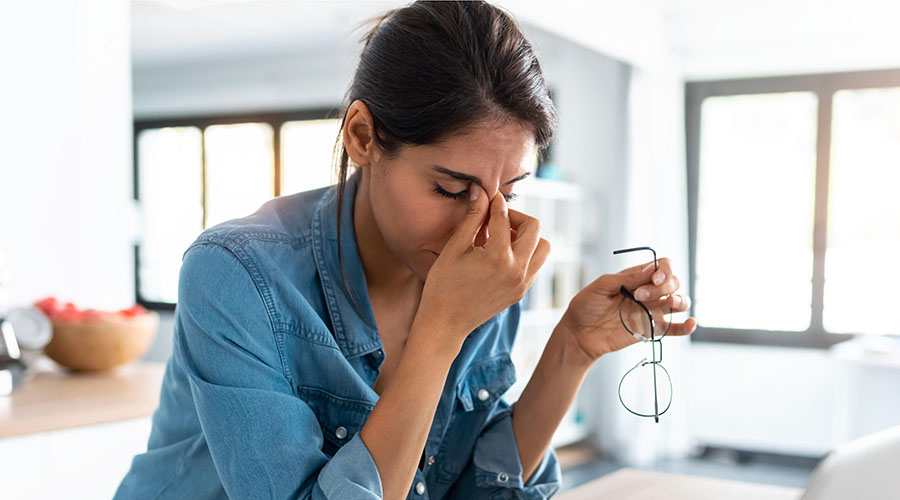
Stress hormones can cause high blood pressure and heart rate to spike. A common cause of a rising heart rate during sleep is a lack of oxygen, which is often brought on by obstructive sleep apnea which is a sleep disorder. The heart muscle is unable to handle the stress caused by the OSA.
The American Heart Association recommends that adults get 7 to 8 hours of sleep each night. If a person sleeps for less than 7 or more than 8 hours, it is important to talk with the doctor about any health problems.
High sleeping heart rate
Heart rate is a measure of the number of times your heart beats per minute. It is usually expressed as “beats per minute” (BPM). A high heart rate doesn’t necessarily mean there’s a problem, but it could be a sign that you need to take better care of your heart health. High heart rates are connected with taking longer to fall asleep.
There are many things that can cause your heart rate to increase, such as exercise, stress, and caffeine. If your heart rate stays high for an extended period of time, it could be a sign of an underlying health problem.
High sleeping heart rate is one such problem. When your heart rate is high while you’re sleeping, it can mean that you’re not getting enough restful sleep. This can lead to a host of health problems, including cardiovascular disease and obesity.
Low sleeping heart rate
Having a very low heart rate can also damage the heart and other organs. This is more commonly associated with low blood pressure or other signs of shock. Low sleeping heart rate may be associated with a longer lifespan, new research suggests.
In a study of almost 1,000 adults over the age of 50, those who reported the lowest heart rates while they were asleep were also more likely to be alive 10 years later.
The findings, published in the journal Scientific Reports, suggest that a low sleeping heart rate could be a marker for good health.
“It is possible that people with lower heart rates while sleeping are somehow protected from dying prematurely,” said study author Dr. Daniel Gottlieb, of Boston University School of Medicine.
Gottlieb and colleagues analyzed data from 996 participants in the Framingham Heart Study who had their heart rate measured at least two times during sleep, once between 2002 and 2005 and again between 2008 and 2011.
How does heart rate change during sleep?
Heart rate is known to change during different stages of sleep. In general, heart rate decreases during deep sleep and increases during Rapid Eye Movement or REM sleep. However, the specific cause and effects of these changes are still being studied.
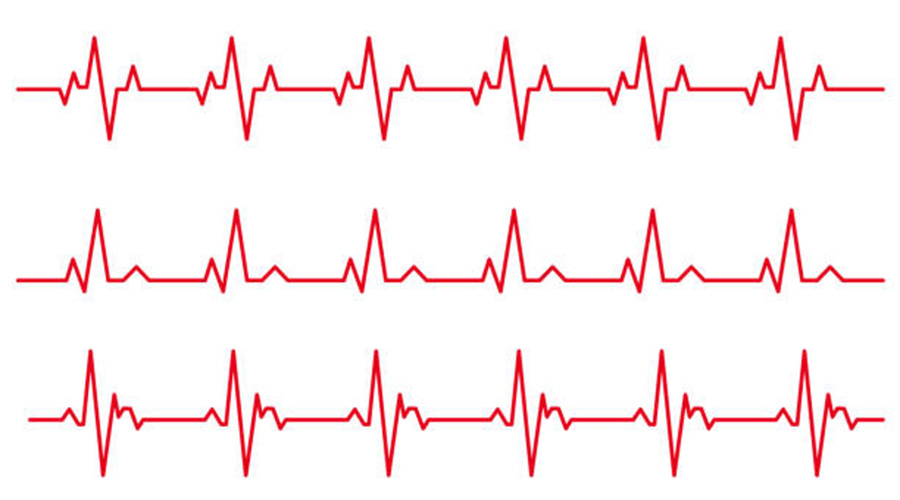
Some possible explanations for the changes in heart rate include how different stages of sleep affect the body’s autonomic nervous system and how different hormones are released during different stages of sleep. More research is needed to determine the exact causes and effects of heart rate changes during light sleep.
During the first half of the night, heart rate increases from a resting point to around 80 beats per minute during REM sleep. In the second half of the night, the heart rate returns to a resting state and stays there for about an hour. Try a relaxation technique such as progressive muscle relaxation or thinking calm thoughts.
Conclusion
In conclusion, heart rate spikes during sleep are normal and should not cause alarm. If you experience heart rate spikes accompanied by other symptoms, such as chest pain, shortness of breath, or excessive sweating, please consult a doctor.
To ensure a good night’s sleep, follow these tips: establish a regular sleep schedule, avoid caffeine and alcohol before bedtime, deep breathing, keep a cool and comfortable environment in your bedroom for normal body temperature, and practice relaxation techniques before bed. If heart palpitations go worse, it may lead to sudden cardiac death.
More info for how often to inject sustanon 250
FAQ
Why would my heart rate be high while sleeping?
When you’re sleeping, your heart rate naturally slows down to help your body relax. But if your heart rate is high while you’re sleeping, it could be a sign that something is wrong. There are several things that can cause your heart rate to spike while you’re snoozing, including anxiety, stress, and sleep apnea. If you’re experiencing high heart rates while sleeping, talk to your doctor to find out what’s causing the problem and get the help you need.
What is an unhealthy heart rate while sleeping?
An unhealthy heart rate while sleeping is typically defined as a heart rate that is too low or too high. A low heart rate while sleeping, called bradycardia, can be a sign of heart failure. A high heart rate while sleeping, called tachycardia, can be a sign of an overactive thyroid or a heart attack.
Is it OK if your heart rate is 120?
A heart rate of 120 is often considered too high, but is it really? In this article, we’ll explore what a normal heart rate should be and how to lower your heart rate if it’s too high. We’ll also look at the benefits of having a slightly elevated heart rate.
Why would heart rate spike during sleep?
Sleep is a time when the body repairs and restores itself. Heart rate is one measure of how the body is working. A recent study found that heart rate increases during sleep, especially in people who are healthy. The study looked at data from over 1,500 people who wore a heart rate monitor overnight.
The average heart rate was lowest during deep sleep and highest during REM sleep. For people without cardiovascular disease, the average heart rate was about 5 beats per minute higher during REM sleep than during deep sleep. The researchers don’t know why this happens, but they have some theories.
One theory is that the increase in heart rate during REM sleep helps to keep us safe by preparing us to react quickly if we need to escape danger. Another theory is that the increase in heart rate during REM sleep helps to keep us healthy by preventing our muscles from becoming too stiff.
Does your heart rate fluctuate while sleeping?
Heart rate variability (HRV) is the variation in the time interval between consecutive heartbeats. HRV is a measure of the autonomic nervous system (ANS) function, which is the part of the nervous system that controls involuntary activities such as heart rate, digestion, and respiration.
The ANS has two branches: the sympathetic nervous system (SNS), which accelerates heart rate and constricts blood vessels, and the parasympathetic nervous system (PNS), which slows the heart rate and increases intestinal and urinary secretions. Researchers believe that HRV reflects the balance between these two branches of the ANS.
A recent study published in the journal PLoS One looked at how sleep affects HRV. The study participants were all healthy adults who did not have any known sleep disorders.
